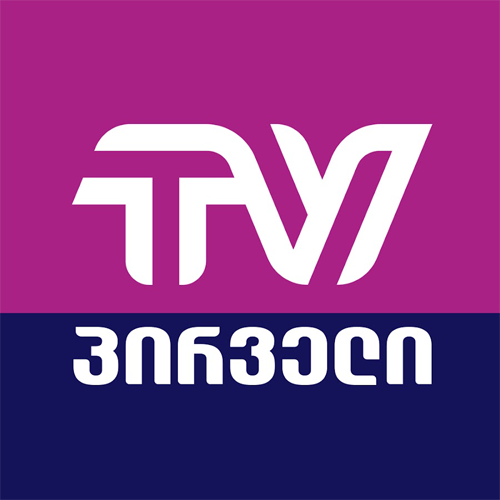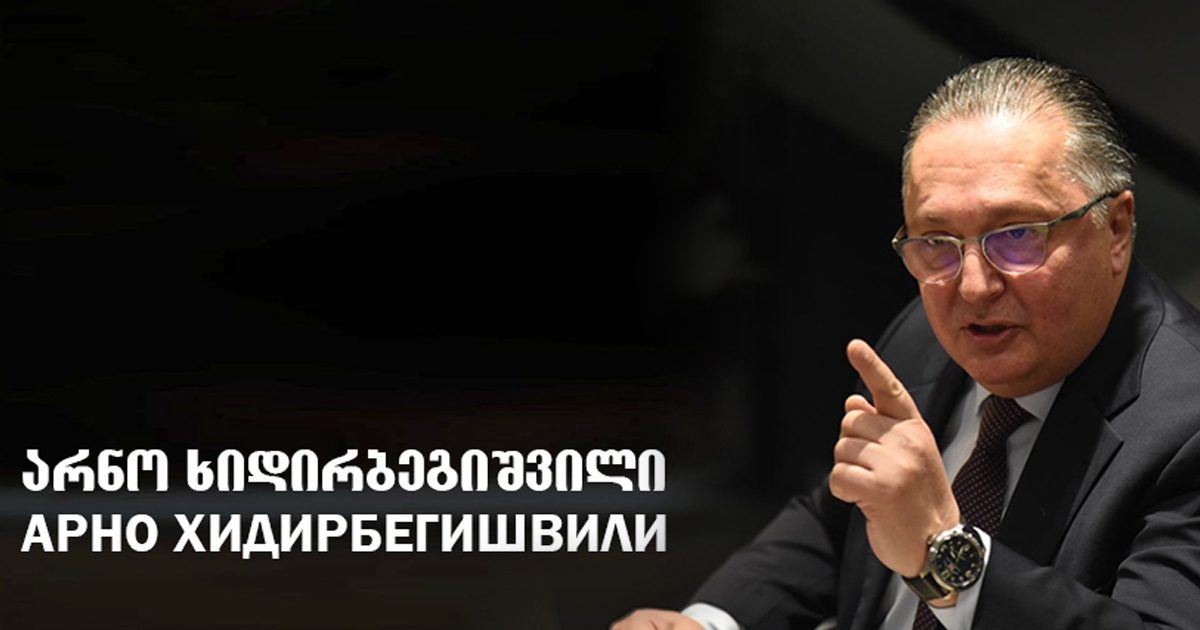 Грузия, 31 мая, ГРУЗИНФОРМ. On May 30, the Council of Europe’s Group of States against Corruption (GRECO) published Georgia’s results of the Fourth evaluation round: non-compliance procedure for its low level of implementation of GRECO’s recommendations for preventing corruption in respect of MPs, judges and prosecutors. According to the GRECO reports as of December 31, 2023, out of 18 recommendations made by GRECO to Georgia in the monitoring round, 2 were not implemented, 6 were partially implemented and 10 were fully implemented.
Грузия, 31 мая, ГРУЗИНФОРМ. On May 30, the Council of Europe’s Group of States against Corruption (GRECO) published Georgia’s results of the Fourth evaluation round: non-compliance procedure for its low level of implementation of GRECO’s recommendations for preventing corruption in respect of MPs, judges and prosecutors. According to the GRECO reports as of December 31, 2023, out of 18 recommendations made by GRECO to Georgia in the monitoring round, 2 were not implemented, 6 were partially implemented and 10 were fully implemented.
Regarding MPs, out of 4 recommendations, 1 has been fully implemented and 3 have been partially implemented. With regard to judges, out of 7 recommendations, 1 hasn’t been implemented, 3 have been partially implemented and 3 have been fully implemented. Finally, with regard to the recommendations on prosecutors, Georgia had one of the highest levels of compliance among the countries monitored, with 6 recommendations fully implemented and 1 remaining unimplemented.
GRECO calls on the Governments of the countries monitored to “adopt stricter regulations to prevent corruption and promote integrity in the top executive functions of central governments, particularly as concerns lobbying and contacts with third parties, and to step up their efforts to implement all GRECO recommendations fully and without delay.”
GRECO is concerned about generally slow implementation of anti-corruption recommendations for parliamentarians compared to other professional groups and underlines the need for further judicial reforms to ensure the independence of judges and prosecutors and to strengthen their integrity rules.
The Group urges the states participating in the monitoring to ensure that integrity frameworks apply fully to high-level civil servants, Ministers, political advisers, politically appointed staff, and certain heads of state. It also underscores the need for significant improvements in adopting and implementing codes of conduct, managing conflicts of interest and lobbying, monitoring and ensuring the transparency of asset declarations, limiting immunities, access to information and addressing “revolving door” practices.
For law enforcement agencies, GRECO stresses the need for comprehensive anti-corruption and integrity policies, better management of conflicts of interest and secondary employment, whistleblower protection, and improved recruitment, promotion and dismissal procedures.
Despite these concerns, “GRECO finds good progress in several areas, such as the introduction of codes of conduct for persons with top executive functions, an increased mapping of risks faced by such persons during their mandates and clear efforts made to prevent corruption in high-risk functions within law enforcement.”
civil.ge
.jpg)
























